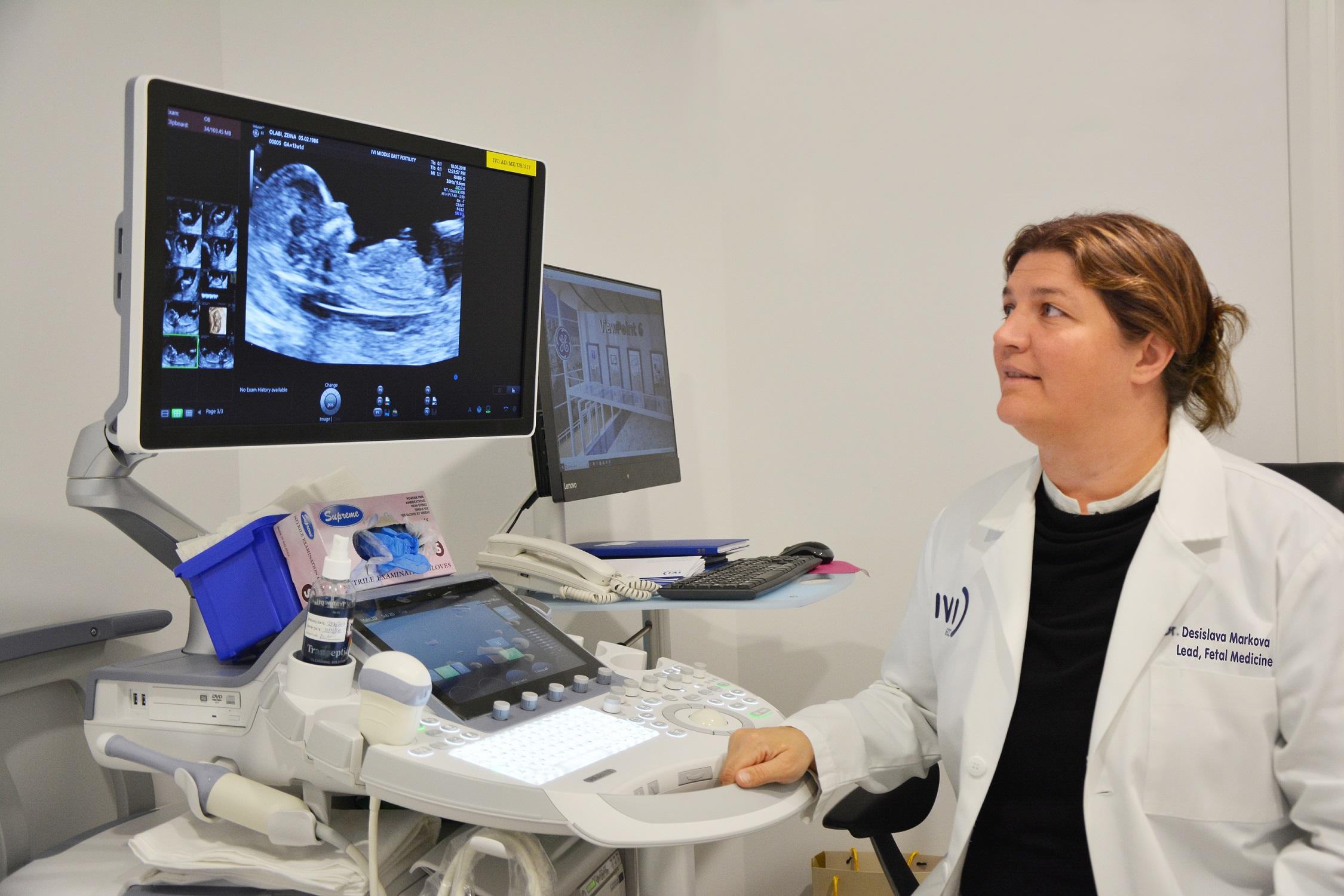By ; Bakinam Khaled
Fertility experts from IVI Middle East Fertility Clinic recently urged pregnant women to be extra cautious of their exposure levels to endocrine-disrupting chemicals (EDCs), after a new study found that the effects of these environmental toxins in terms of sexual development and fertility may last for several generations. Dr Desislava Markova – Lead, Fetal Medicine, IVI Fetal Medicine Center, said, “Women, especially those who are pregnant, should avoid exposure to EDCs as much as possible due to their harmful effects on the fetus. EDCs are usually found in plastics, pesticides, and other common household items. A recent study, conducted by researchers from the University of Liege in Belgium, concludes that EDCs have a highly negative impact on the egg, sperm, and even embryo quality as a result of direct exposure.
We have been presented with new evidence suggesting that the female offspring and even the succeeding generations of pregnant women who are exposed to such chemicals may suffer long-lasting consequences.” “The fact that the effects of such an exposure can be passed on to several generations, even without direct contact to these environmental toxins, is a cause of concern. If we base our assumptions on the outcomes of the study, a prolonged exposure of the parent generation is enough to seriously impair the health of the succeeding generations as well. This surely pushes experts across field to help in finding ways to address the issue.
IVI Fetal would also raise awareness about the concern relating to the exposure, so that the pregnant women can take proper precautions,” Dr Markova added. For the experiment, the researchers exposed pregnant rats to a mixture of common EDCs, and then kept them under observation to analyze the sexual development of three generations after them.
The female offspring of the subject pregnant rats, according to the report, had manifested what it described as “impairments”, not only in their sexual development but also in their maternal behaviour. The impairments were mostly observed in the first and second generation, the study stated. On the other hand, the second and third generations were found to have, quoting the study, “a delayed onset of puberty, altered reproductive cycle, and a negatively impacted ovarian follicle development” even though they were not directly exposed to the harmful chemicals.
The research attributes these deviations to “altered gene expressions in their brain that are known to affect the regulation of reproductive hormones.” The findings were presented at the European Society of Endocrinology annual meeting in Lyon, France. The research was released considering the steadily rising number of infertility cases in the Middle East and the world. Experts have also pinpointed age, delayed pregnancy, and other modern lifestyle choices, among the key factors contributing to the alarming growth in the number of infertility cases.














































































